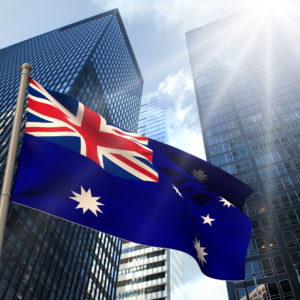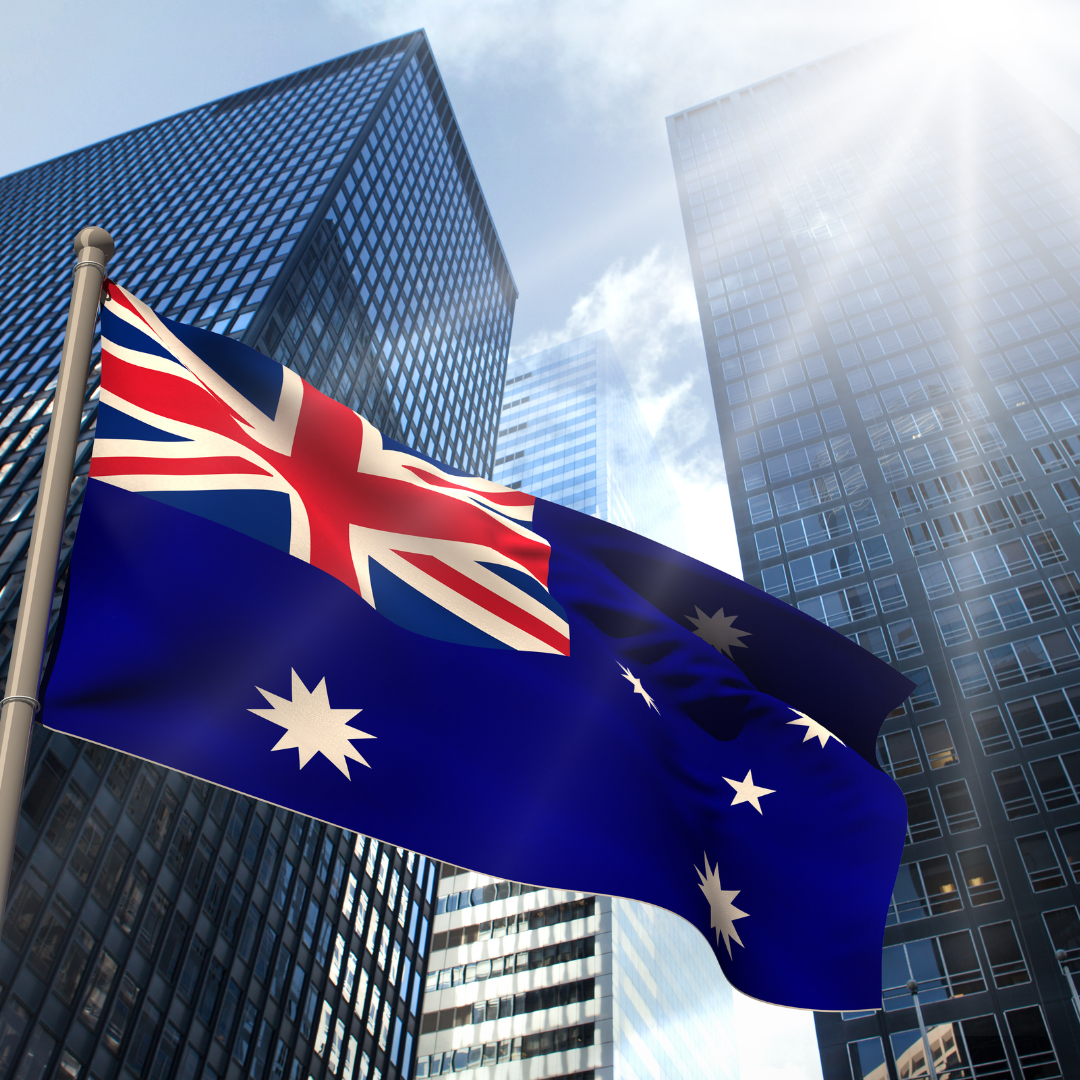 Australia has become the first country in the world to legally allow doctors to prescribe specific psychedelic compounds to patients suffering from depression or post-traumatic stress disorder (PTSD).
Australia has become the first country in the world to legally allow doctors to prescribe specific psychedelic compounds to patients suffering from depression or post-traumatic stress disorder (PTSD).
This historic legislation was enacted last Saturday, allowing Australian medical practitioners to prescribe MDMA, also known as ecstasy, for PTSD. Psilocybin, the hallucinogenic component of psychedelic mushrooms, has been approved for treating intractable depression.
The Therapeutic Goods Administration, Australia’s therapeutic goods regulating organization, has added these two psychedelic drugs to its list of approved medications.
The impact of innovative research
This initiative, first announced in February, has stunned Australia’s scientific community, putting the country at the forefront of mental health research. According to one expert, Australia is now “at the forefront of research in this field.”
Chris Langmead, deputy director of the Monash Institute of Pharmaceutical Sciences’ Neuromedicines Discovery Centre, emphasized the paucity of advances in treating persistent mental health conditions over the last half-century. This trailblazing advancement suggests a possible new approach to therapeutic techniques.
Cultural Tolerance of Psychedelics
Legislation across the United States has paralleled the changing cultural acceptance of these substances. Oregon pioneered the lead by legally decriminalizing adult usage of psilocybin last year.
The Latest Revolutionary Therapy?
The Food and Drug Administration (FDA) designated psilocybin as a “breakthrough therapy” in 2018, a designation designed to hasten the development and review of drugs intended for critical diseases.
Federal grants have been awarded to psychedelic researchers, including teams from Johns Hopkins. Furthermore, last month, the FDA announced preliminary guidelines for investigators preparing clinical trials to examine psychedelic compounds as potential treatments for various medical ailments.
The American Psychiatric Association, on the other hand, has refused to approve the use of psychedelics in treatment, citing the FDA’s pending final judgment.
Will the unpredictable risks of Psychedelics impact the drug’s effectiveness?
Medical professionals worldwide, notably in the United States and Australia, have cautioned, stressing that more research is needed to properly understand the usefulness of these medications as well as the scope of the potential hazards. Psychedelics, which are known to cause hallucinations, are not without risk.
“There are concerns that evidence remains insufficient and that moving to clinical service is premature; that incompetent or poorly equipped clinicians may flood the space; that treatment will be unaffordable for the majority; and that formal oversight of training, treatment, and patient outcomes will be minimal or ill-informed,” said Dr. Paul Liknaitzky, director of Monash University’s Clinical Psychedelic Lab.
Furthermore, the financial burden placed on patients is substantial. This innovative treatment will cost around $10,000 (around $6,600 US dollars) for each patient in Australia.
Despite these obstacles, Dr. Litnaitzky sees this as a once-in-a-lifetime opportunity for Australians to obtain these medications for specific illnesses. He underlined his confidence, saying that developments in the drug policy are exciting. Dr. Litnaitzky sees the possibility of providing patients with “more suitable and tailored treatment without the constraints imposed by clinical trials and rigid protocols.”
The Impact that Psychedelics can have on treating medical conditions
The use of psilocybin-assisted therapy for treating depression and end-of-life anxiety in cancer patients is one of the most well-known studies on psychedelics and mental health. Preliminary research has yielded encouraging results, with participants reporting reduced depressed symptoms and enhanced quality of life. Similarly, investigations on various mental health issues have yielded excellent results.
It is vital to emphasize that the therapeutic use of psychedelics usually entails a systematic and supervised approach, often done in psychotherapy. These substances should not be used recreationally or without professional supervision. The therapeutic procedure frequently includes:
- Rigorous preparation.
- The presence of trained therapists during the psychedelic experience.
- Post-psychedelic integration sessions to help people make sense of their experiences.
It is also critical to understand that psychedelics are not without hazards. They can cause strong and difficult experiences that might be overpowering for some people.
What should I know about Importing medical cannabis products into Australia?
What are the purposes for which medical cannabis can be imported into Australia?
- Authorised Prescriber (AP) Scheme
- Special Access Scheme (SAS)
- Clinical Trials
- Animal Studies
- Laboratory or analytical testing
- Cultivation under an ODC Medicinal Cannabis Permit.
Importing & Application Requirements:
Before importing medicinal cannabis, the ODC must grant import permission (a licence and permit).
The permit is valid for up to 12 months and is required for each shipment entering Australia as well as each substance and/or preparation type.
Imports are only permitted for medical or scientific purposes. The worldwide drug control conventions carefully limit the quantity imported and the supply lines.
Before importing medicinal cannabis, the ODC must grant import permission (a licence and permit).
The permit is valid for up to 12 months and is required for each shipment entering Australia as well as each substance and/or preparation type.
Imports are only permitted for medical or scientific purposes. Imported amounts and supply channels are closely regulated.
Manufacturing requirements for medicinal cannabis that’s imported:
Imported medicinal cannabis products may be subject to the following manufacturing requirements:
- A medicinal cannabis licence from the ODC. For further information see Cultivation, production and manufacturing of cannabis in Australia for medicinal or research purposes.
- The Therapeutic Goods (Standard for Medicinal Cannabis) (TGO 93) Order- external site. For further information see the Medicinal cannabis hub- external site on the Therapeutic Goods Administration’s (TGA) website.
- Good Manufacturing Practice (GMP) licence requirements. For further information see the Manufacture of medicinal cannabis- external site page on the TGA website.
How we can help you
At Cannabis License Experts, we provide you with the guidance to plan your cannabis business, acquire funding, navigate the legal requirements, and acquire the appropriate license for your operations. As the International cannabis market develops we’re here to assist you with your licensing and importing needs.
Cannabis License Experts offers support from day one of starting your cannabis business, including strategic planning, floor plan preparation, site audits, SOPs, Preventive Control Plans (PCPs), cannabis product label reviews, and more.
Our Edibles Compliance division can provide you with a solid plan for your edibles business to help get your products on store shelves.
Contact us today to discover how we can license and legalize your cannabis business to meet federal or provincial regulations.


